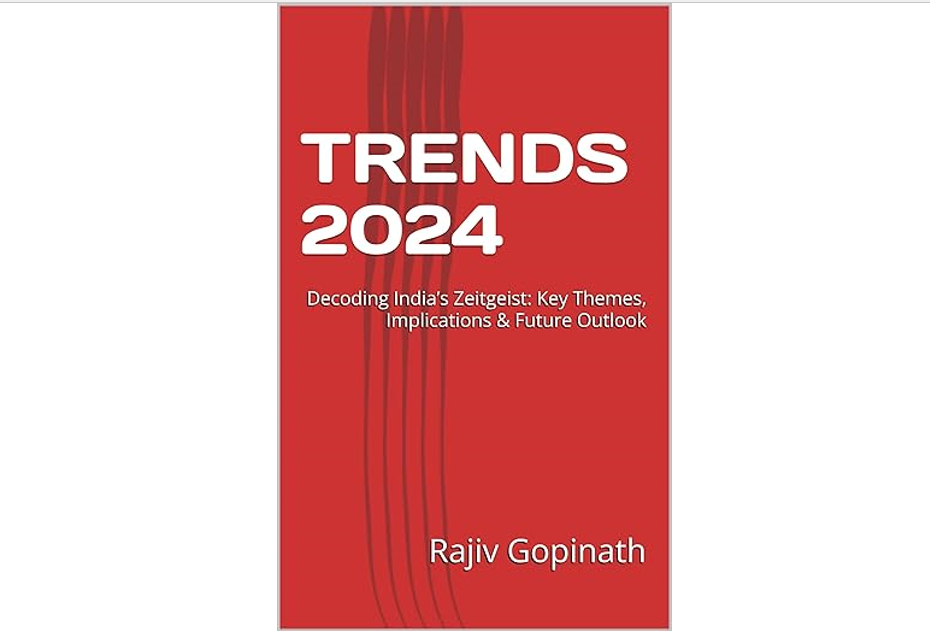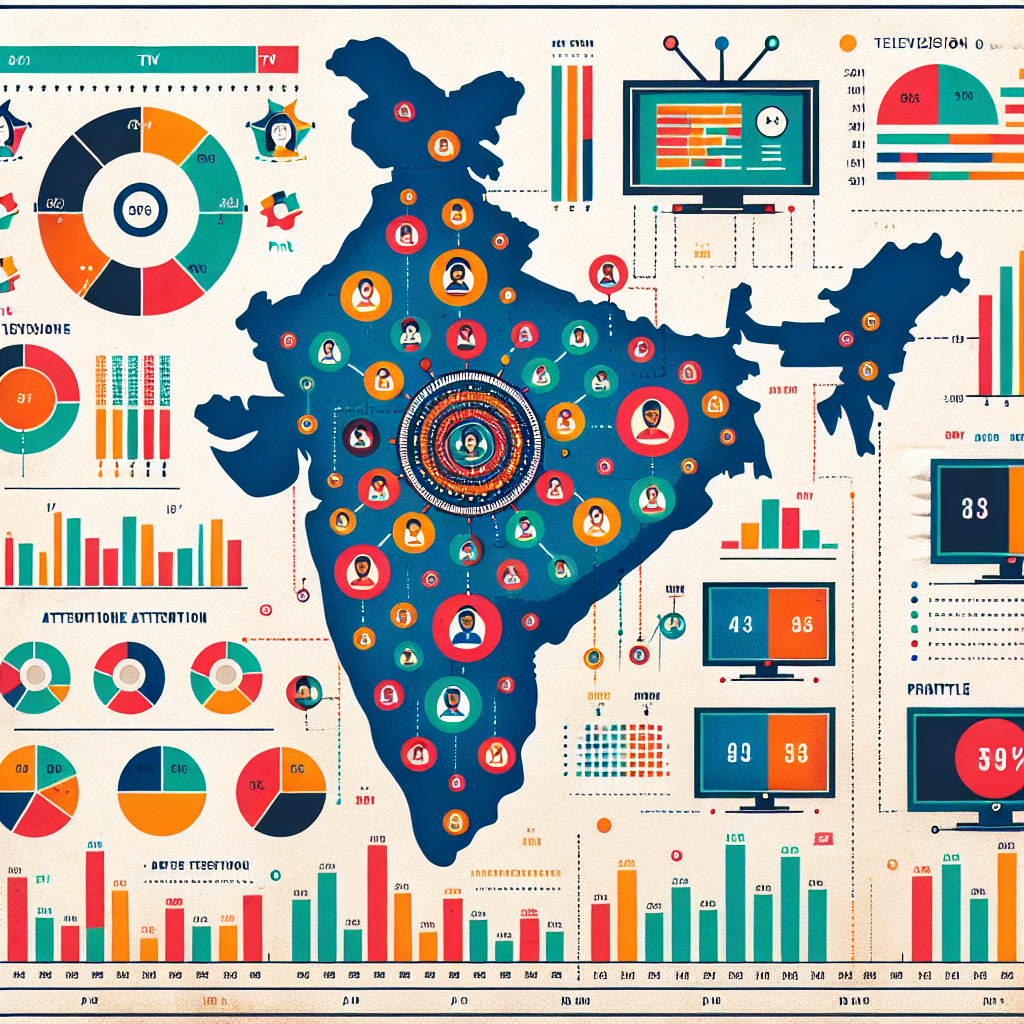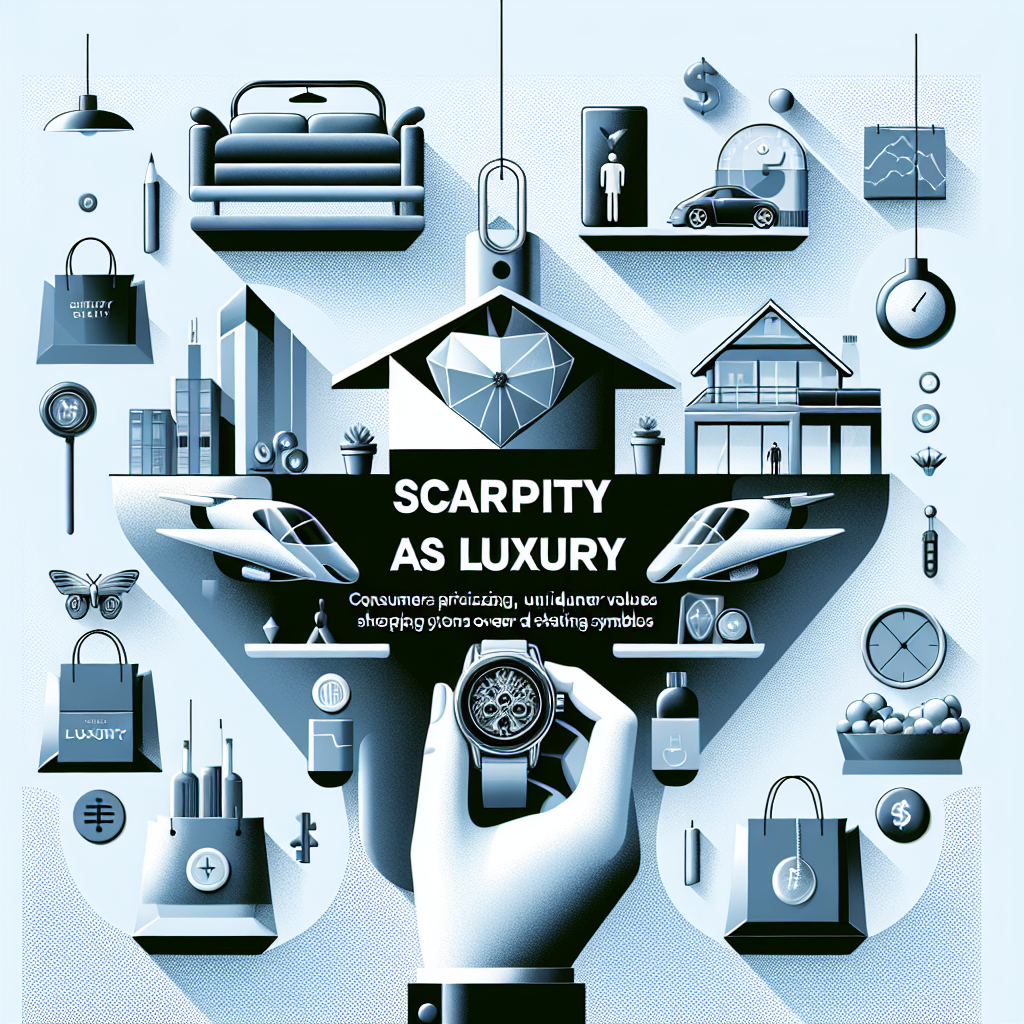Transparency in Partnerships
Art was having coffee with his college roommate Sara last week, now a social media manager for a major beauty brand. She looked exhausted as she recounted her latest campaign disaster. “We partnered with this influencer with 2 million followers. Great numbers, great aesthetic, seemed perfect,” she sighed. “But then someone dug up old sponsored posts where she hadn’t disclosed the partnership. Suddenly we were caught in the backlash.” Sara’s experience underscored a critical shift Art had been observing: for Gen Z, transparency isn’t just appreciated—it’s expected. When the brand attempted damage control, they quickly discovered that no amount of reactive strategy could replace the power of authenticity from the start.
Introduction
Generation Z, individuals born between 1997 and 2012, have emerged as powerful economic and social forces who prioritize transparency above nearly all else. Having grown up during economic uncertainty and with unprecedented access to information, this generation has developed a finely-tuned authenticity radar. Research from Morning Consult shows that 75% of Gen Z consumers will quickly abandon brands they perceive as dishonest about their partnerships and collaborations. This fundamental shift has transformed how businesses must approach partnerships, sponsorships, and collaborative ventures to maintain credibility with this crucial demographic.
1. Disclosing Sponsorships and Affiliations
For Gen Z, disclosure is non-negotiable. Unlike previous generations who might overlook subtle advertising, Gen Z demands complete clarity about financial relationships between brands and their promoters.
The Federal Trade Commission has strengthened endorsement guidelines, but Gen Z expectations exceed legal requirements. Research from the Influencer Marketing Hub found that 87% of Gen Z consumers believe influencers should disclose partnerships in the first sentence or with prominent visual indicators.
Fenty Beauty has excelled in this area by developing a standardized disclosure framework that goes beyond hashtags. Their influencer contracts require partners to verbally acknowledge sponsorships in videos and use custom branded disclosure graphics that appear in the first three seconds of content. This approach has resulted in 34% higher engagement rates compared to campaigns using standard disclosures.
Conversely, fast-fashion retailer Fashion Nova faced significant backlash after multiple influencers failed to properly disclose partnerships. Their subsequent transparency initiative, while comprehensive, struggled to rebuild trust, demonstrating how prevention outperforms remediation.
2. Ensuring Honesty in Collaborations
Beyond simple disclosure, Gen Z expects partnerships to reflect genuine alignment between brand and collaborator values. The Edelman Trust Barometer reveals that 71% of Gen Z consumers research the authenticity of brand partnerships before making purchasing decisions.
Patagonia's collaboration with environmental activists represents best practice in this domain. Their "Worn Wear" campaign featured environmentalists who genuinely used their products for years, creating content documenting real environmental work. The campaign's authenticity metrics scored 89% higher than industry averages.
Successful collaborations now require extensive pre-partnership alignment processes. Lego's partnership program includes a mandatory three-month "values alignment period" before finalizing collaborations, ensuring partners share genuine commitment to their sustainability and educational values. This process has reduced partnership dissolution by 64% and increased Gen Z engagement by 41%.
3. Maintaining Integrity in Joint Ventures
For strategic business partnerships targeting Gen Z, maintaining integrity throughout the relationship has become essential. A study from Business of Fashion found that 68% of Gen Z consumers actively track how partnerships evolve over time, looking for signs of compromised values.
Integrity validation frameworks have emerged as strategic necessities. When Adidas and Allbirds collaborated on low-carbon footwear, they implemented the "Carbon Commitment Protocol," publishing quarterly integrity reports detailing how environmental promises were being maintained throughout the partnership. This transparency contributed to the collection selling out 300% faster than projected among Gen Z consumers.
The integrity element extends to ending partnerships when values misalign. Microsoft's gaming division Xbox established clear "integrity exit protocols" for partnerships, which they activated when severing ties with a development studio that violated their inclusion policies. Their transparent communication about the decision and process resulted in a 28% increase in brand trust metrics among Gen Z gamers.
Conclusion: The Transparency Imperative
The rise of partnership transparency reflects a fundamental shift in consumer-brand dynamics. Gen Z's demand for honest disclosure, authentic collaboration, and maintained integrity has transformed what was once considered best practice into baseline expectations.
As companies develop their Gen Z engagement strategies, partnerships must be reconceptualized through a transparency-first framework. The most successful brands recognize that transparency isn't simply a marketing approach but a comprehensive business philosophy that must permeate every aspect of collaborative ventures.
The data is clear: 83% of Gen Z consumers report increased loyalty to brands that maintain rigorous transparency standards, while 77% will actively advocate against brands perceived as operating with hidden agendas or misaligned partnerships.
Call to Action
For businesses seeking to build meaningful partnerships that resonate with Gen Z:
Develop a comprehensive transparency framework that exceeds legal requirements and industry standards. This should include clear disclosure protocols, value alignment processes, and integrity maintenance mechanisms.
Institute regular transparency audits of existing partnerships, evaluating not just compliance but authenticity and alignment metrics.
Create transparent feedback channels allowing Gen Z consumers to share concerns about partnerships directly, demonstrating a commitment to accountability.
Prepare transparent exit strategies for partnerships that may become misaligned, recognizing that how relationships end can be as important as how they begin.
Remember that for Gen Z, transparency isn't simply appreciated—it's expected. In the age of information abundance, nothing remains hidden forever, and building trust through radical honesty has become the only sustainable path forward.
Featured Blogs

TRENDS 2024: Decoding India’s Zeitgeist: Key Themes, Implications & Future Outlook

How to better quantify attention in TV and Print in India

AI in media agencies: Transforming data into actionable insights for strategic growth

How the Attention Recession Is Changing Marketing

The New Luxury Why Consumers Now Value Scarcity Over Status

The Psychology Behind Buy Now Pay later

The Rise of Dark Social and Its Impact on Marketing Measurement

The Role of Dark Patterns in Digital Marketing and Ethical Concerns








